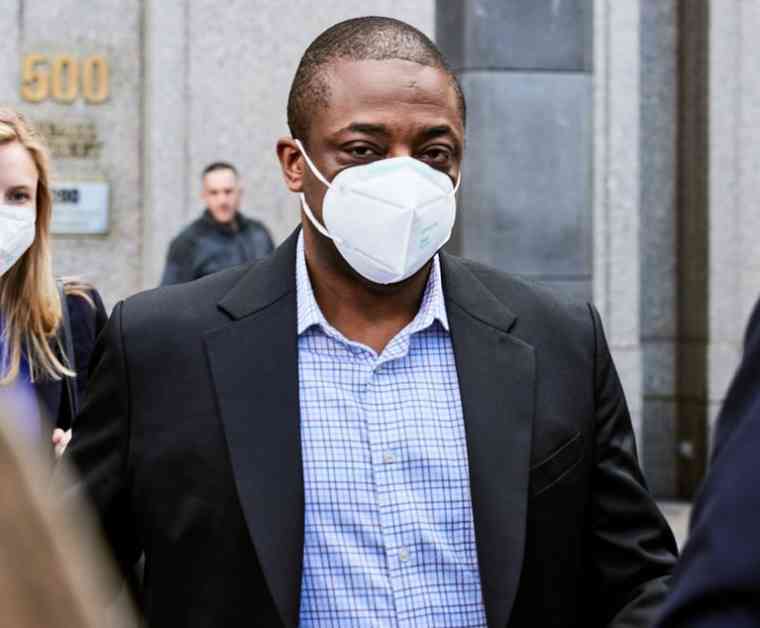The defense team representing former New York Lt. Gov. Brian Benjamin is seeking clarity from the U.S. Supreme Court regarding the standards for certain corruption cases. They have raised the question of whether a higher quid pro quo standard should be required in such cases.
In a writ of certiorari submitted by Barry Berke, Dani James, and Darren LaVerne of Kramer Levin Naftalis & Frankel, they argue that the Court has a history of stepping in to prevent government overreach that could stifle political activities protected by the First Amendment.
The defense team’s argument brings up important questions about the balance between combating corruption and safeguarding political freedoms. By asking the Supreme Court to consider this issue, they are hoping to establish clearer guidelines for future corruption cases.
This case could have far-reaching implications for how corruption cases are prosecuted in the future. If the Supreme Court decides to address the issue of a heightened quid pro quo standard, it could potentially impact how prosecutors build their cases and the evidence they need to present in court.
In recent years, there has been increased scrutiny on public officials and their interactions with lobbyists and special interest groups. Cases like these raise important questions about where the line should be drawn between acceptable political activities and corrupt behavior.
The defense team’s decision to bring this issue to the Supreme Court shows their commitment to ensuring a fair legal process for their client. By seeking clarity on the standards for corruption cases, they are advocating for a more just and transparent legal system.
Overall, this case highlights the complex and nuanced nature of corruption cases in the political sphere. As the Supreme Court considers whether to address the issue of a heightened quid pro quo standard, it will be important to weigh the competing interests of combating corruption and protecting political freedoms.















